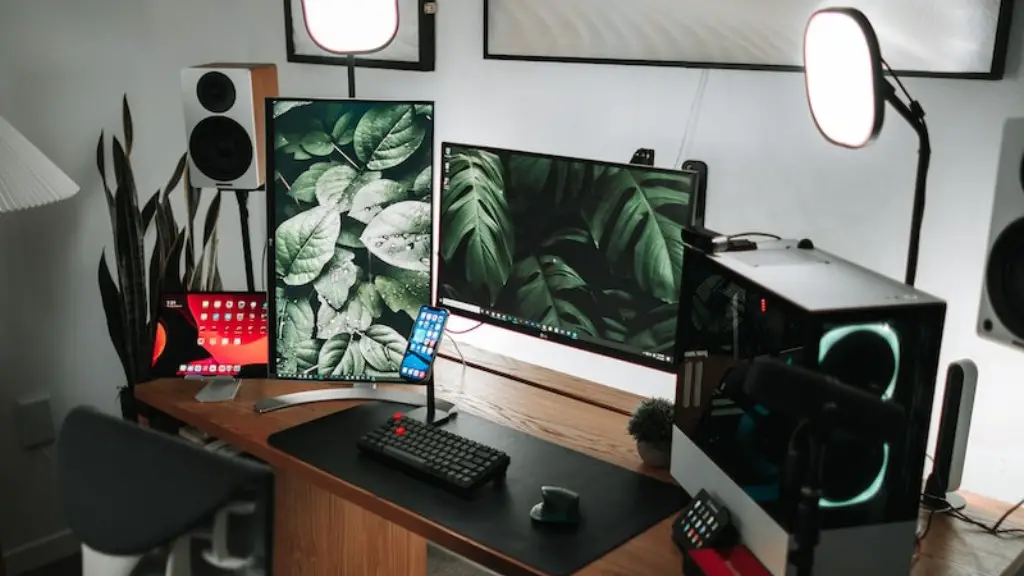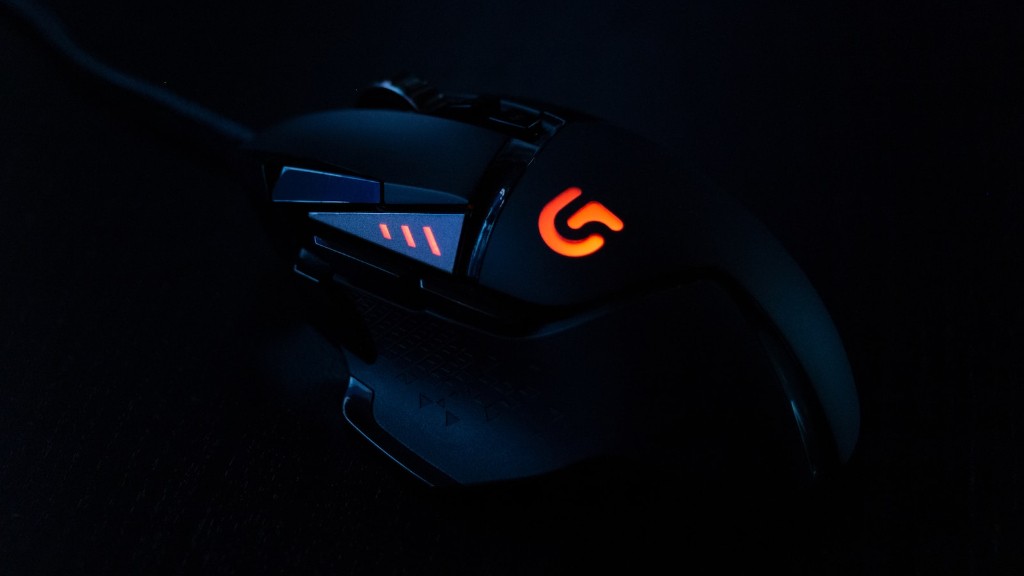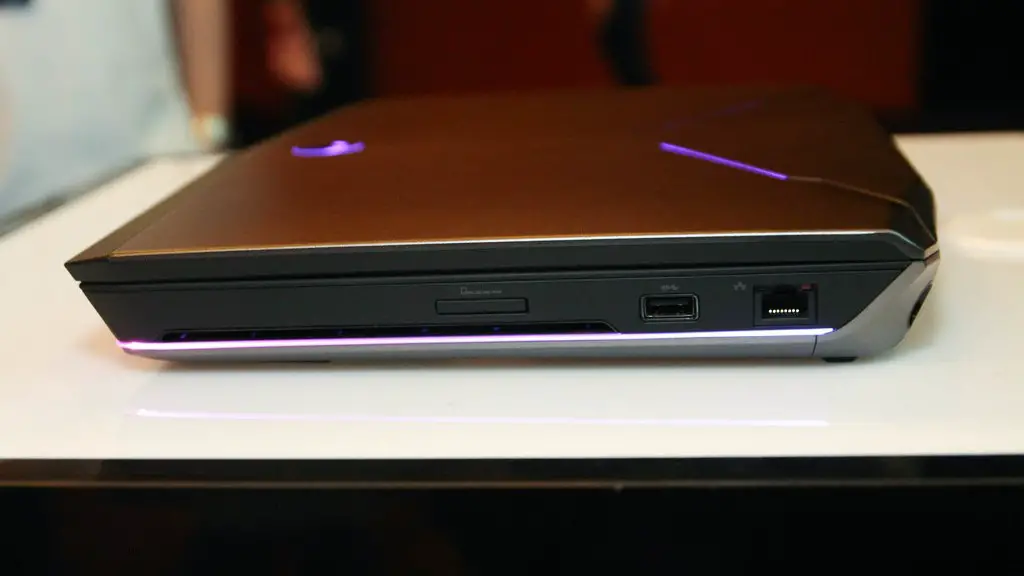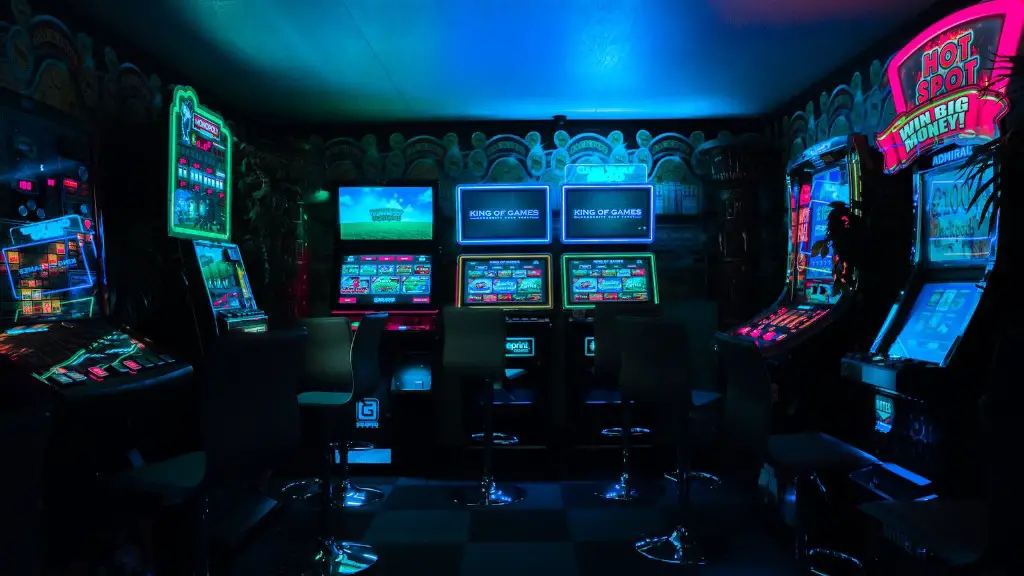An essential part of enjoying PC gaming is having a purpose-built gaming PC with all the right components. As always, there are certain requirements that must be met to produce the visuals, audio, and performance gaming enthusiasts expect. This blog post covers the necessary components you need to consider, to build the ultimate gaming PC.
The first important requirement is choosing the right processor, often referred to as a CPU. Fast processor speeds, and multiple cores, will ensure your gaming PC functions are fast and smooth. The Intel Core i7 series and AMD Ryzen series are the way to go. Benchmarking websites or research should be conducted to see which processor best suits your budget and gaming needs.
The second requirement is memory, or RAM. Random Access Memory lets your gaming PC access a multitude of processes at the same time such as loading levels, running software or streaming media. It’s important to go for 8GB RAM as a minimum. If you can spend a little extra, 16GB RAM is the recommended amount for gaming. If you go for 32GB RAM, this will allow your PC to run intensive games and applications.
The third requirement is the Graphics Processing Unit, or GPU. This is what makes gaming PCs look good. Investing in a powerful GPU will ensure you can run the latest games on an UltraHD setting with vivid colors and accurate visuals. Nvidia RTX or AMD Radeon RX series are the market leader. Your budget will determine the performance level you need.
The fourth requirement is sound. Many gaming PCs come with built-in audio but to truly enjoy your time in-game you’ll want to invest in a dedicated sound card or headset. Quality sound cards provide deeper bass and higher-fidelity audio effects. This brings a noticeable impact to the gaming experience, letting you pick up on subtle details that can help you win or act as added entertainment.
The fifth requirement is storage. High-end gaming PCs need lots of storage. For both games and how the operating system runs, a high-capacity hard drive is needed. The minimum requirement is 1TB, a number that increases over time, as gaming libraries and requirements for large files and assets expands. An SSD drive is now necessary to match the performance requirements of games and deliver faster loading times.
The sixth requirement is the motherboard. The motherboard is the core of any PC and needs to be compatible with the processor and GPU. The PCIe slot and type must be considered before purchasing a graphics card, to ensure they work together. Also, consider the power requirements of the processor and GPU to ensure the motherboard can handle the wattage.
The seventh requirement is power supply. Anything with powerful components needs an efficient power supply. A gaming PC should be equipped with a PSU that can handle 60-watts or more. This way, you will have no problems powering your components and will have enough juice to deal with any hardware upgrades.
Memory Capacity
The amount of RAM you need for a good gaming PC can vary greatly depending on the type of games you play. For simple games, 8GB RAM should suffice, but performance games will require more to run at optimal speed. 16GB of RAM is recommended for a higher-end gaming setup and 32GB for a top-of-the-line setup. Going over 32GB is recommended for more content creation tasks, and little to no benefit to gaming.
The type of RAM you choose also matters. DDR3 and DDR4 RAM types are the most common and DDR4 is recommended as it offers higher clock speeds and performance. The timing between the Ram should also be taken into consideration, to ensure data transfer is as fast as possible.
Motherboards have specific RAM slots and will recognize RAM based on their timing. As more RAM is added, the higher the speed needs to be to maintain the same system stability. It is worth noting that many motherboards can support up to 64GB of RAM, but the cost of such a setup may not be worth it for gamer.
Graphics Card
The graphics processing unit has become a key component of gaming PC building. With games becoming more graphically demanding, it is important to make sure your GPU can handle the game. Graphics cards support both DirectX and OpenGL layers, making it important to do an assessment of the game engine used before buying a GPU. Many gamers opt for Radeon or Nvidia GPUs, both of which offer robust graphics drivers.
GPUs come in different types, from entry-level options to high-end choices. If building on a tight budget, the GeForce GTX 1650 is ideal for most modern games. For higher-end users, the AMD Radeon RX 5700XT is an excellent choice for those who want to push their games to the next level. GTX 1080 GPUs are capable of running most titles at 4K and for performance enthusiasts, the RTX 2080 is a worthwhile purchase.
Cooling System
A well-functioning cooling system is essential for gaming PCs. Although components can stand up to the heat generated by components, temperatures can still rise during intense gaming sessions. The most efficient cooling systems are liquid-based, as they can keep sound levels down and overclock those components that need it.
For a good gaming PC, a single radiator is recommended. A radiator is a fan-powered cooling system that allows coolant to flow through the system and keep components at a reliable temperature. The more efficient your cooling system, the more potential your gaming PC will have to reach higher performance levels.
Case and Peripherals
Having the right case for your gaming setup is important for both looks, and to ensure ventilation is taken into consideration. Quality materials and a design that allows for ample airflow, are key considerations when purchasing a case. The ports and doorways should allow for easy access to any upgradable components and cables.
A good gaming PC also needs peripherals such as a monitor, mouse and keyboard and headset. Monitors need to support the GPU’s Hz rate, as it will determine how smooth and responsive the experience is. A mouse and keyboard should be comfortable and durable with a good range of features. Headsets should be chosen based on comfort, sound quality and gaming features.
Conclusion
Building a good gaming PC requires understanding the components needed and the budget you have to work with. Although there is a range of different components to choose from, certain requirements need to be met to ensure optimal performance, including: processor, RAM, GPU, sound, storage, motherboard and power supply. Memory capacity, graphics card, cooling system and peripherals also need to be taken into consideration. With the right components and peripherals in place, the ultimate gaming setup can be enjoyed.



